Monthly Archives: May 2022
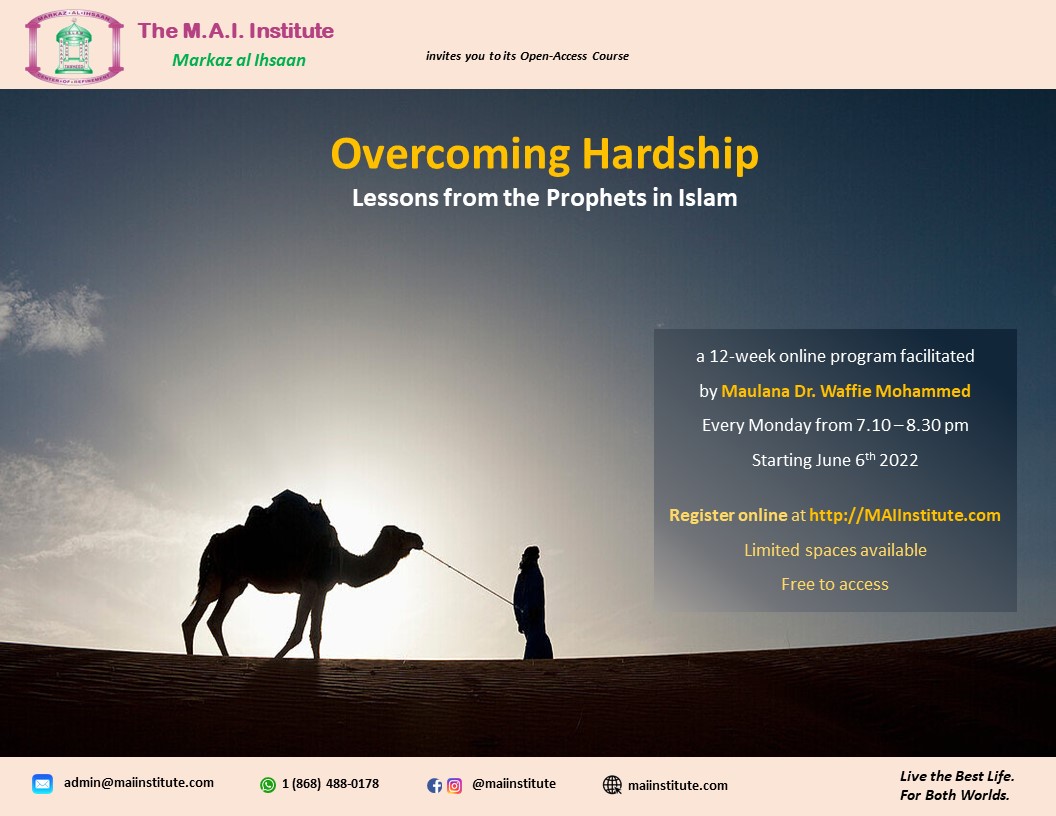
Overcoming Hardship: Lessons from the Prophets of Islam
The world has undergone a period of struggle with Covid restrictions. Emotional difficulties, physical health concerns and loss of loved ones, economic hardship and relationship challenges have all featured, and everyone has been affected in some way or the other. Some more than others, and some in multiple ways.
We are taught in Islam that the Prophets of Allah faced the most difficulties that persons would face, followed by others in different grades. Sa’d ibn Abi Waqqas reported: I said, “O Messenger of Allah, which people are tested most severely?” The Messenger of Allah, peace and blessings be upon him, said, “They are the prophets, then the next best, then the next best. A man is put to trial according to his religion. If he is firm in his religion, his trials will be more severe. If he is weak in his religion, he is put to trial according to his strength in religion. The servant will continue to be put to trial until he is left walking upon the earth without any sin.” [al-Tirmidhī 2398]
From this, we recognize there is much that can be learned about facing and overcoming hardships by examining the lives of the Prophets of Islam. To this end, MAI Institute is pleased to invite persons to access its free course – Overcoming Hardships – Lessons from the Prophets of Islam.
This 12-week online course is scheduled to commence on Monday June 6th, from 7.10 pm – 8.30 pm, and will be done via Zoom.
MAI Students can simply notify Admin to get registered. Any others wishing to register can do so via the following link: https://maiinstitute.com/register-here/ (Note – classes have limited spaces so please register early).
Learn of the various challenges of key different Prophets in Islam, and how that can help you today and in the future.
We hope to see you there.
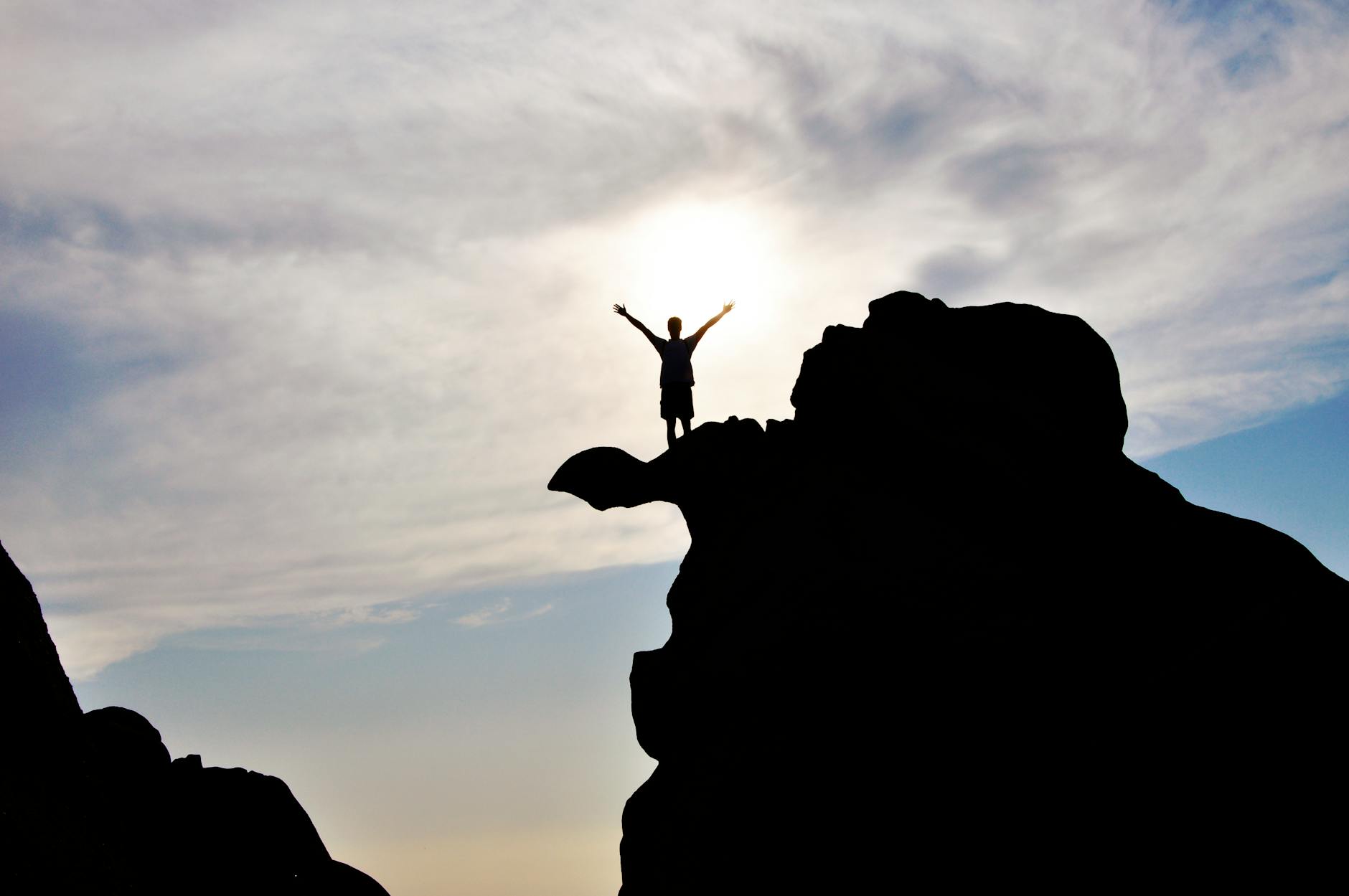
Level Up! in this life… & the next.
The MAI Institute is currently accepting registration for its Islamiyat Program – a part-time, online program ideal for working professionals and students who want to learn authentic Islam while they tend to their work, studies and families.
Ideal for persons with no prior background in Islamic studies, those seeking to learn authentic Islam practiced from Albania to Zambia, and those who wish to avoid getting caught up in extremist, fundamentalist teachings and influences.
In the face of the chaos of the world today with technological disruption, mushrooming pandemic, unstable climate and social upheaval, Islam continues to provide the roadmap for persons to achieve peace, purpose and performance for the upliftment of themselves, their communities and society at large.
On the Islamiyat Program students will cover the principles, practices and culture of Islam to be a good practicing Muslim, and strategies to engage in society in a more meaningful and influential way.
Classes start in September each year, are conducted online and are open to everyone.
Persons seeking to find out more, or register, can visit https://maiinstitute.com
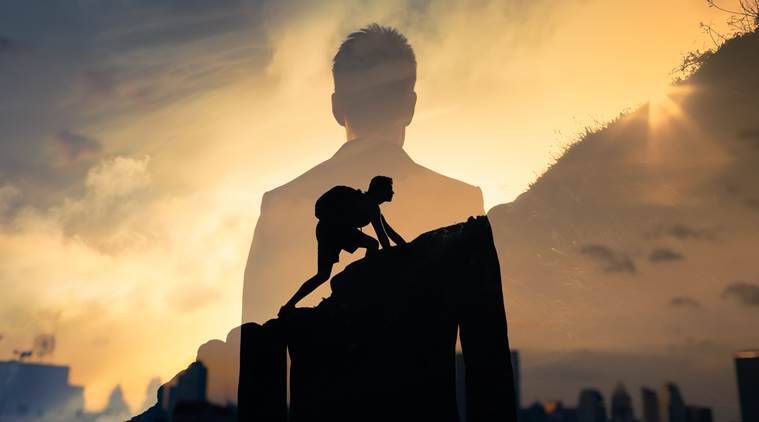
The Triumph of Evil? Moral Identity and Involvement in the Muslim Community
By Faheem Mohammed
History will no doubt look back at this period of human development with a sense of awe and bewilderment. There is a lot going on. Soo much transition and turmoil abound, in fact, that not only is it hard to keep track of changes, but harder still to synthesize these into a coherent response.
We are witnessing the global transformation of societies through the diffusion of technology and its disruption of life as we know it – in our interaction, commerce, entertainment, exposure to the sheer volume of information of varying pedigree, and of course the impacts of all of these on our values, beliefs and behaviors.
We have seen the sudden and severe worldwide effects of the Covid pandemic that seemed to be the culmination of a steady progression of epidemics that rapidly appeared, evolved and diffused globally in the past decades. SARS, Ebola, Swine Flu, Avian, MERS, Zika have all taken their toll in wreaking havoc on populations, transport, travel and mobility, economic and physical welfare, only to be outdone multiple times over by Covid and its responses globally. Many of the social and economic effects we are only beginning to understand, and would take a long time to unravel.
Economically, we are faced with the dual reality of mass unemployment across sections of society alongside the significant concentration of wealth into the hands of a select few – technology entrepreneurs, innovators, inventors and investors leading the pack. Talk of a global minimum wage abound, as do efforts and advocacy against both the jobless growth that technology drives and the socio-economic systems that perpetuate such inequalities.
Political focus and military shifts away from the Muslim world towards Russia and former Soviet states are a welcome respite, even if temporary, and would give time for the dust to settle. At least we hope so. We see, in the attempts by MBS to transition Arabia into a modern (secular) society, he introduce events of morally questionable nature in the Najd region, even as his actions affect Islam – only recently we have seen some extremist groups being ostracized from its borders, and the dominant theological influences shift from hardline extremism to a more moderate interpretation of Islam. We have also seen a change in the way Hajj is being conducted – with a much more open system being rolled out to accommodate higher volumes of pilgrims.
In our sphere, the society seems to demonstrate trends that are most concerning when we consider the future of society and the wellbeing of our children. The ever-increasing materialistic propensity and hedonistic self-gratification paradigm have given us some truly bizarre manifestations under the banner of freedom and rights, be it for GLB, transgender, cancel culture or just blind liberalism. What you identify as (be creative here), what are your preferred pronouns (in English, please), and what brand of lab-grown foods you prefer (authentic inorganic, of course), are not normal existentialist dilemmas to have in the context of the annals of history, and many would argue neither should they be. Of course, distractions abound courtesy the perceived product obsolescence a la brand loyalty, the calming effects of outdoor environmentalist activism (and a stellar yoga sequence, to top it off), alongside the next TikTok fad.
Even in the Muslim community globally, we see the rise of the British-influenced and derivative fringe sects, who have meticulously studied the means of dividing the community (based on minor differences), all to build a following and access more and more resources. Yet in the face of all of these aforementioned, the mainstream, moderate Sunni Muslim community has endured, and even progressed in some spheres of society.
What does the future hold for our children? Would they be victims to this strange, incoherent, materialistic-albeit-resource-deficient world? Is there another path that can help our children grow into functional human beings, and not mindless -detergent-consuming sheep?
The answer would have to come from a source that is not infected by the strains and influences of what brought us to this point. The move towards enlightenment is questioning the future relevance of capitalism and socialism, even as there emerges varying strains of non-material cultures. With these come an array of attempts to reconfigure the rights and responsibilities of individuals and society, along with the balance of access to and allocation of resources for the betterment of society.
For us Muslims, this is an easy solution to identify. In Islam, we have a revealed code that not only guides us in these matters, but which has been proven time and again to work in ways that benefit all sections of society. Islam gives us a system that has not only endured the evolution of society throughout the passage of time, but has contributed to the foundation of those advances we enjoy in modern society – from optics to healthcare to algorithms. The Islamic Golden Age was a sterling example of science and religion working towards the development of human life and the attainment of harmony across physical, mental and spiritual wellbeing.
The Islamic way of life stands as a self-regulating, knowledge-driven, justice-based moral approach to life and livelihood that proves even more relevant to today’s operating context than ever before. Anchoring ourselves and our families to the principles, practices and culture of Islam gives us an avenue to stay focused on what really matters in life, and keep it real (even if that reality is virtual). And isn’t that what we want for ourselves and the future generations?
What is required to keep the evils at bay is – as Edmund Burke reminds us – good men to do something. There is a critical need for those who are competent to get involved in building the community in its welfare, its knowledge, and its unification, so that we become one body, and that body becomes one force, and that force is directed to upholding good and avoiding evil.
In this season of Ramadan and its afterglow, as we struggle to direct our Nafs and build our willpower, even as we strengthen our relationship with our Lord, it may be useful for us to reflect on what we see the needs of the community are, how these needs align with our potential contributions, and the best way to channel our strengths, our time, resources and efforts towards addressing those needs.
This is, after all, an obligation binding on every one of us individually, and an obligation for which we will have to account on the Day of Judgement.
May Almighty Allah be pleased with our accounts, and may He reward us richly for them (Ameen Ya Rabb).
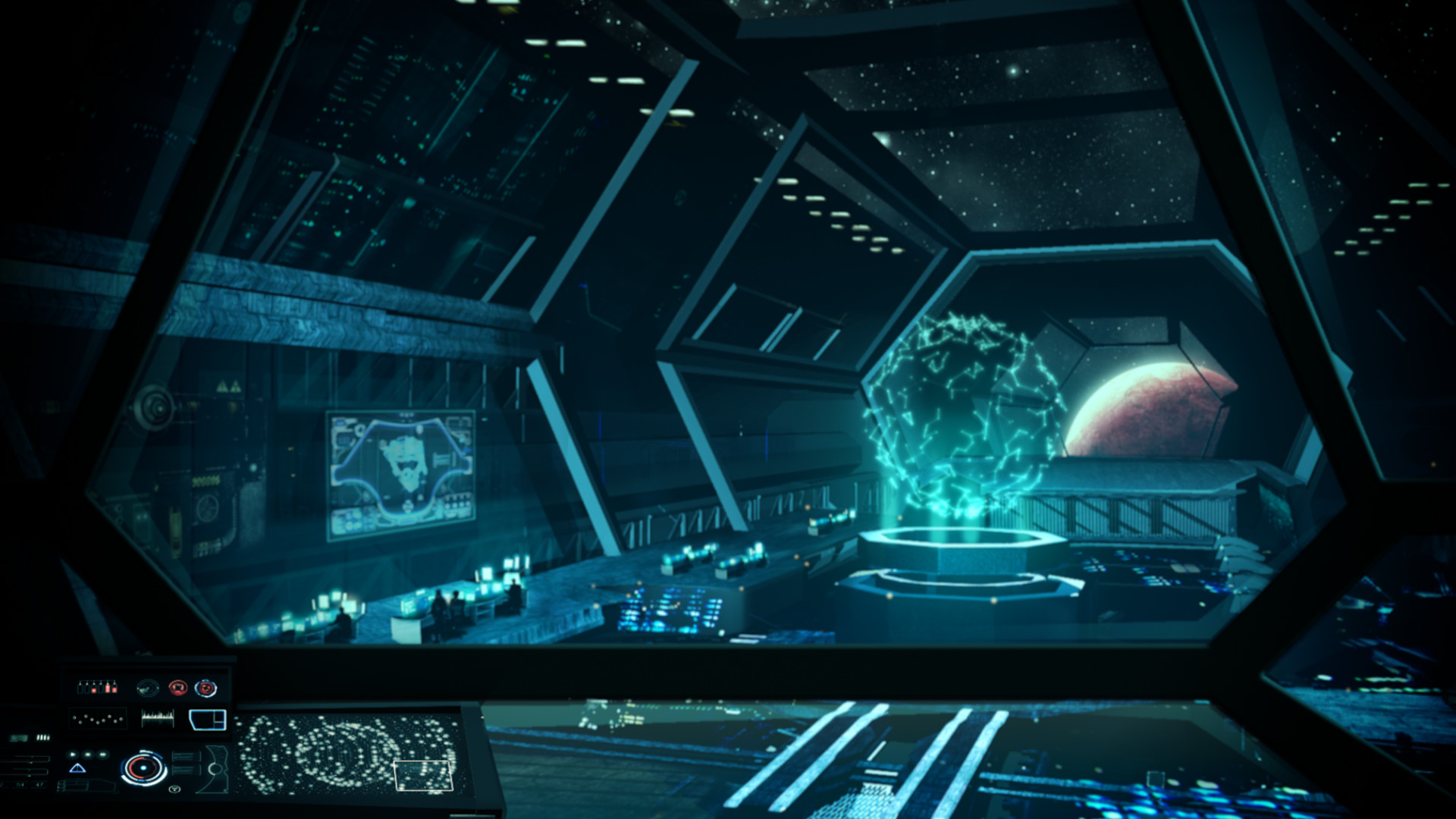
Islam, Science and the Fourth Industrial Revolution
Two decades into the 21st century, and throughout most of the world the influence of technology is on the rise. AI, Cryptocurrency and the Metaverse seem to be the future of our interactions, our commerce, our employment and our entertainment… the list is not exhaustive. Of course, through these, we hope to be able to salvage if not remedy our climate and environment, our integrity in governance, trade and justice, and opportunities for the economic well-being for all in our societies.
What is clear at the moment is that the developments in science leave little room for religious doctrine. The certainty of the material world gives us hard data that can inform root causes, symptoms and solutions, which itself can be critiqued and disproved as we research and understand more. This is a far cry from the blind belief – without evidence – in metaphysical constructs that everyday religion purports. The evidence points to aliens, after all, and if there really was a God, how could He allow all this strife and discrimination in society?
What is not well-known is that not only is the foundation of many of today’s scientific developments and technologies were established by Muslim scholars centuries ago, but its development was driven to support religious compliance. In fact, the Quran instructs us, “Only a party from each group should march forth, leaving the rest to gain religious knowledge then enlighten their people when they return…” (Quran 9:122). In compliance with the Quran injunctions, a group stayed in the lands through which they travelled, and established schools through which to learn local language and culture. This led to several important contributions to science. On one part, there emerged dedicated researchers. On another, as Muslims travelled to other civilizations throughout the world, their learnings were all translated into Arabic, copies of which were sent back to centers of learning in Madinah, Baghdad or Egypt. This resulted in a compilation of world knowledge at the time – which fed further progress.
As Islam expanded beyond the borders of the Arabian peninsula in every direction – east towards Asia, north into Europe, west and south into Africa, they faced a problem. A Muslim is required to pray 5 times per day, facing the Kaaba in Makkah, regardless of where in the world he/she is. As the Muslims moved into foreign territory, they needed to geo-locate the Kaaba so that they can fulfill their prayer obligations. Hence the need to develop on existing and available knowledge of astronomy. That had embedded its own problem. We can’t track what we cannot see. Enter ibn Haytham with his developments – first in the scientific method, then in optics, and further in astronomy, to propel increased and ongoing accuracy in ensuring proper worship is established.
In similar ways, many of the discoveries bore its own problems, and required its own supporting body of knowledge. A frequently studied example is that of Muhammad Al-Khawarizmi (of the Darul Hikma in Baghdad in 820 AD), the man who developed not only the concept of algorithms, but relatedly in his work is credited with the invention of Algebra (hisab al-jabr wal muqtabala or calculations of completion and reduction). Or Jabir Ibn Hayyan Al-Azdi in his pioneering works in chemistry and modern pharmacy. Or Ibn Khaldun in the formalization of Sociology and History… the Islamic Golden Era was characterized by revolutionary scientific developments that positively impacted human quality of life.
That era yielded to the emergence of the industrialized west, and in that transition was lost a unifying religious ethic that steered the direction of development. Quality of life for the population was reduced over time to quality of life for the owners of capital, the manipulation of natural resources for profit, and the rise of the materialist, then secular paradigms. Today, we see development for its own sake, and the absence of a central guiding ethic. In fact, very unlike Islamic paradigm, it seems as if religion is seen as the preceding stage to a progressive scientific society. Beliefs in myths and legends, superstitions are all explained by physiological labels that we don’t understand well but are aggressively researching. To not accept this is to be holding back progress. But religion and science are not zero-sum, and both can co-exist and even synergize to unlock human progress far beyond what we might think possible.
Which brings us to the Fourth Industrial Revolution, an age where different new technologies are “fusing the physical, digital and biological worlds, impacting all disciplines, economies and industries, and even challenging ideas about what it means to be human.” We don’t exactly know the extent of change in our everyday lives that technology will usher. We know much of the transformation would be gradual (although occurring in faster cycles) across different areas, amplifying the need for continuous learning of developments that matter to us, and result in lifestyles that are driven by commitment to causes, alongside loyalty to our favorite brands.
Ultimately, the post-modern society that unfolds bears the potential to bring quality of life more closely aligned with Islamic values and belief systems. A knowledge-driven society powered by critical-thinking, self-regulating actors, focused on the naturally occurring renewable or bio-friendly resources even as we strive as a society to balance what is more equitable with equity and rewards – echoes hauntingly of the Islamic Golden Era and the civilization of that time. A focus on justice as the happy medium between equity and equality would find significant calibration already defined in an Islamic way of life.
But there is a difference. Past iterations had a unifying, central ethic that was ultimately the responsibility of the Caliph – himself accountable for his every action to an All-Knowing, and thankfully All-Merciful God on a Day of Judgement. Today’s fragmentation of ethical perspectives, however, and the perpetuation of relativist morality can steer developments into very different directions – maybe beyond just this planet.
The future is poised to look very different from the present, and maybe unrecognizable from the past. Whatever the resulting lifestyles and ethical codes that emerge to regulate our action and our interaction, as Muslims we are reminded in the Quran of a reward for “Those who believe, and do good, and establish regular prayer, and regular charity…” (Quran 2:277). And this conduct would transcend any industrial revolution.
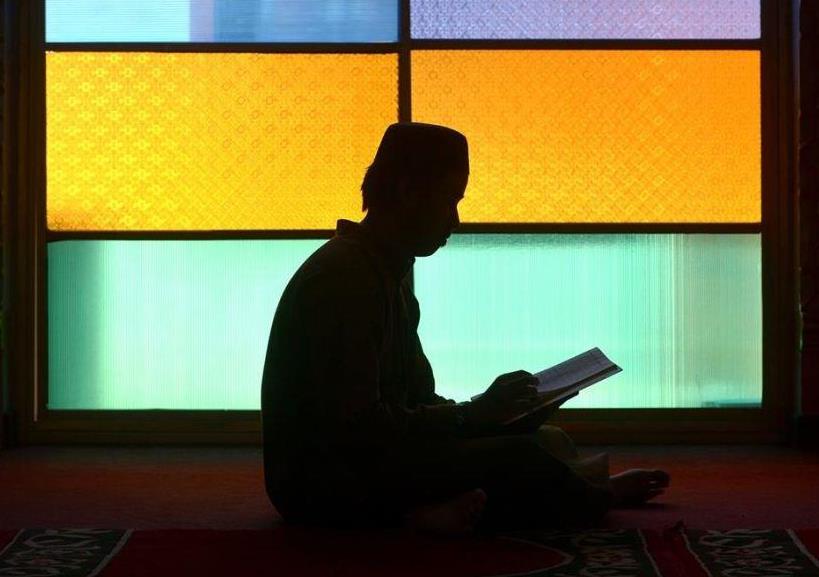
ISTIGHFAR – SEEKING FORGIVENESS IN RAMADAN
Bismillah hir Rahman nir Raheem
In the Name of Allah, Most Gracious, Most Merciful.
I wish to take this opportunity to wish everyone Ramadan Mubarak and remind us it is a special occasion for us to focus on self-reflection and improving our relationship with Almighty Allah. Our beloved Prophet Muhammad (peace be on him) said, ‘’When the month of Ramadan begins, the Gates of Heaven are opened and the Gates of Hell are closed, and the devils are chained.’’ Which of us is void of sins and errors? We are all prone as we are human, but this is a special opportunity for us Muslims in Ramadan to do some powerful supplication and strengthen one’s relationship with Almighty Allah through abundant prayer, reciting Quran, fasting, and seeking Allah’s forgiveness.
A simple dua we must make a habit of saying is ‘Astagfirullah’, which means ‘I seek forgiveness in Allah.’ Prophet Muhammad (peace be on him) used to say this dua at least 100 times a day, and we should strive to do the same as it is a Sunnah or practice of our Prophet (peace be on him). By doing so, especially in Ramadan, Almighty Allah answers our duas, He relieves us from stress and anxiety, we gain a closer bond with Our Lord and we are given an opportunity for Almighty Allah to erase our sins, once we are sincere in repenting from our hearts. It is said that acts of worship and kindness in Ramadan are multiplied up to 700 times in rewards from Almighty Allah!
So my dear friends, do not waste this opportunity to seek forgiveness, whatever sins we have committed. If we make it a habit of saying ‘Astaghfirullah’ on a daily basis, it will help us to refrain from further committing sins and guide us to make better decisions, knowing that Almighty Allah is everywhere, He knows everything, so we will be more mindful of our actions and strive to do good deeds to earn His rewards.
In a Hadith narrated by Abu Dawd, Ibn Abbas said: The Prophet (peace be on him) said, ‘’If anyone constantly seeks pardon (from Allah), Allah will appoint for him a way out from every distress and a relief from every anxiety, and will provide sustenance for him where he expect not.’’
Another reminder is that we must forgive ourselves as part of the process of healing, because we all make mistakes, but Almighty Allah loves us so much He is ready to forgive us and accept our repentance once we turn to Him with sincerity. Prophet Muhammad (peace be on him) said ‘’ Whosoever Glorifies Allah and Praises Him 100 times a day by saying ‘Subhan Allahi wa bihamdihi’, his sins will be obliterated even if they were equal to the foam of the sea.’’
So perform the Tasbih of Astaghfaar now! In one minute, you can say ‘Astaghfirullah’ 100 times! The doors of Repentance are open my friends so do not delay! Tomorrow is uncertain so act today!

Maulana Dr. Waffie Eid Message
Praises are for Allah, the Originator of the skies and the earth. Peace and salutations on His beloved servant – the Final Messenger that was sent to mankind. We thank the Lord for blessing us to witness another month of Ramadan. We pray to Allah to bless our fasting, prayers and sacrifices we make during the Holy Month.
Today, we join with our brothers and sisters from all over the world by celebrating Eid.
As every single human is a representative of the Lord here on earth, everyone is required to develop certain moral and spiritual discipline. Everyone is required to show restraint. Because it is sometimes difficult to restrain ourselves, Allah, out of love and mercy for us, gave us an institution designed to help us resist material distractions through fasting. He tells us in the Holy Qur’an, “Fasting is prescribed for you as it was prescribed for those before, in order that you will be able to establish restraint.”
Every individual is required to culture and cultivate some of the qualities contained in the Divine Attributes. Each person must always keep in mind the important fact that he or she is living on earth just for a span of time and before we can imagine we can die and leave all the material things behind. Ramadan teaches us to become conscious of
- Our use of our material blessings to help us become better representatives of the Lord here on earth
- Control of our desires and passions
- Be conscious of the fact that we are living amongst other human beings, and we are required to interact with them in a special way
All human beings are required to keep in mind the important fact that Allah says, “If He were to take mankind to task for all the wrong they do, there will not be a single one left.”
Our mission on earth is to behave like the Lord as best we can. And knowing that we can have a lot of short comings, we benefit ourselves by fasting in Ramadan, observing extra acts of worship and giving charity.
Ramadan teaches us to humble ourselves before our Lord and develop righteousness as much as possible. Because Fasting in Ramadan is for one month, we will be able to cultivate some of the righteous deeds through restraints. Therefore, we feel happy when Eid comes, as we are able to restrain ourselves.
Let us thank our Lord for His blessings and let us continue to try to uphold the permissible and avoid the prohibited.
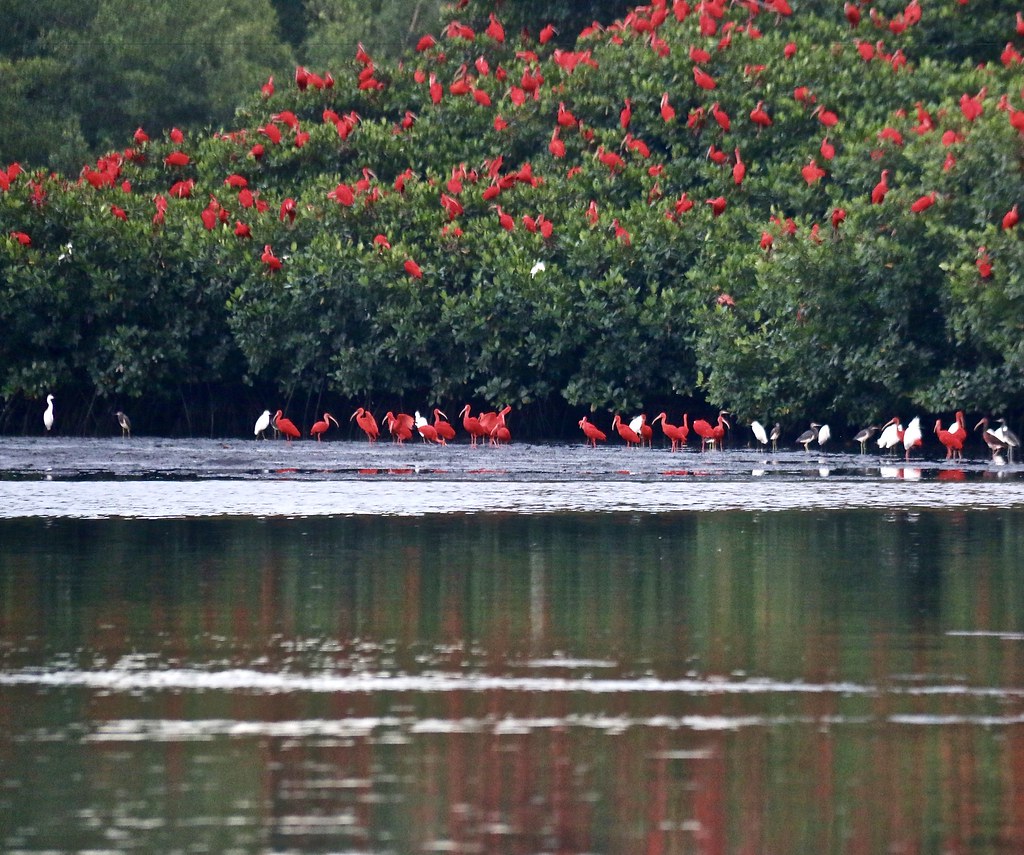
Swimming Against the Tide (MAI Eid Message)
The occasion of Eid is a good opportunity to take stock.
We have undergone a spiritual and physiological ‘disruption’ for the past month, and mentally we have been careful to guard our conduct, our words and thoughts to make sure we don’t ‘spoil the fast’. On a day like today, we can reflect on the past month – the highs and lows – and see how we can respond differently in the future. That is to say, we can use our experiences of the past month to guide us through the next Ramadan.
It is also a good time to take stock in looking at the community as a whole. That we are coming out of pandemic restrictions, we have a rare opportunity to reflect on the past few years, and redefine what we would like the future to look like, as we rebuild, restart and redirect our efforts and those in our charge. Going back to how things were might be comfortable, but it certainly won’t be ideal.
As we position for the years to come, at an individual and community level, it is our hope that we can become a stronger force, more united and more directed towards lifting each other up. This cannot only be lip-service, however. Efforts to tear down barriers and old habits must be undertaken. For some, it may be a new way of thinking. For others, it may be sharing resources or the spotlight. Or climbing off a pedestal and getting back in touch with the troops on the ground.
Whatever the resulting decisions and required actions may be, now is the perfect time to take charge of the future and redefine what direction our efforts would take, to what intended outcomes. We owe it not only to ourselves, but to the future and upcoming generations, who themselves have very little to look forward to.
This Eid, let us resolve that the renewed habits and new thinking can steer us towards a brighter future, as a more united body. Let us commit to be the representative of Almighty Allah, and be a brighter light in a growing flood of darkness; a beacon that calls others towards safer ground. And hopefully, when we take stock at the next year’s Eid, we can look back with satisfaction, and look forward with greater hope.
At the MAI, we are happy that we were able to do our small part towards demonstrating a commitment to development for everyone – at the individual and community levels. We look forward to even more in the coming year, working alongside you, so that we all can ‘Live the best life. For both worlds.’
May this day of Eid give you peace, solace, comfort, opportunity and drive to define and realise a brighter tomorrow.
Eid Mubarak
MAI Institute